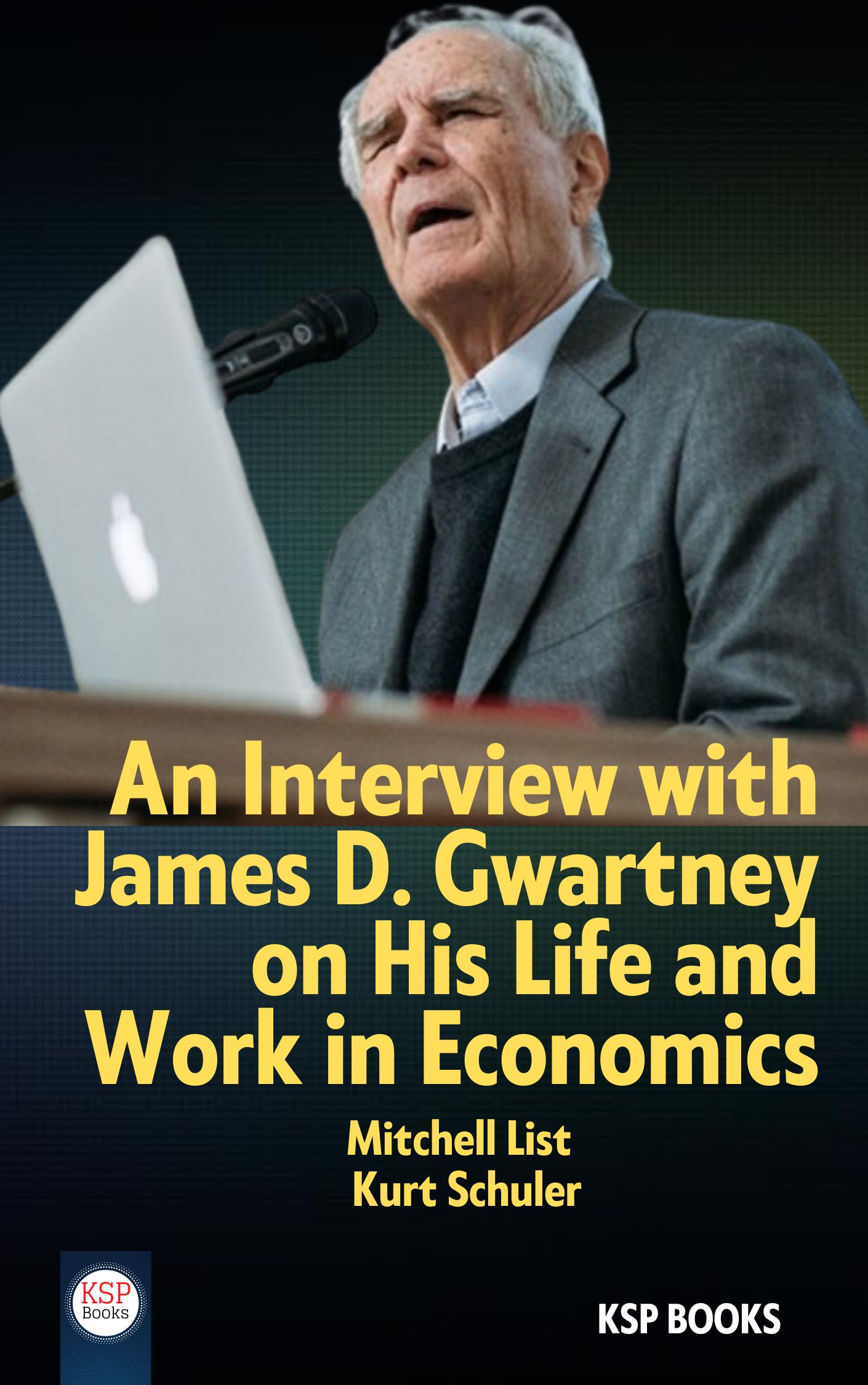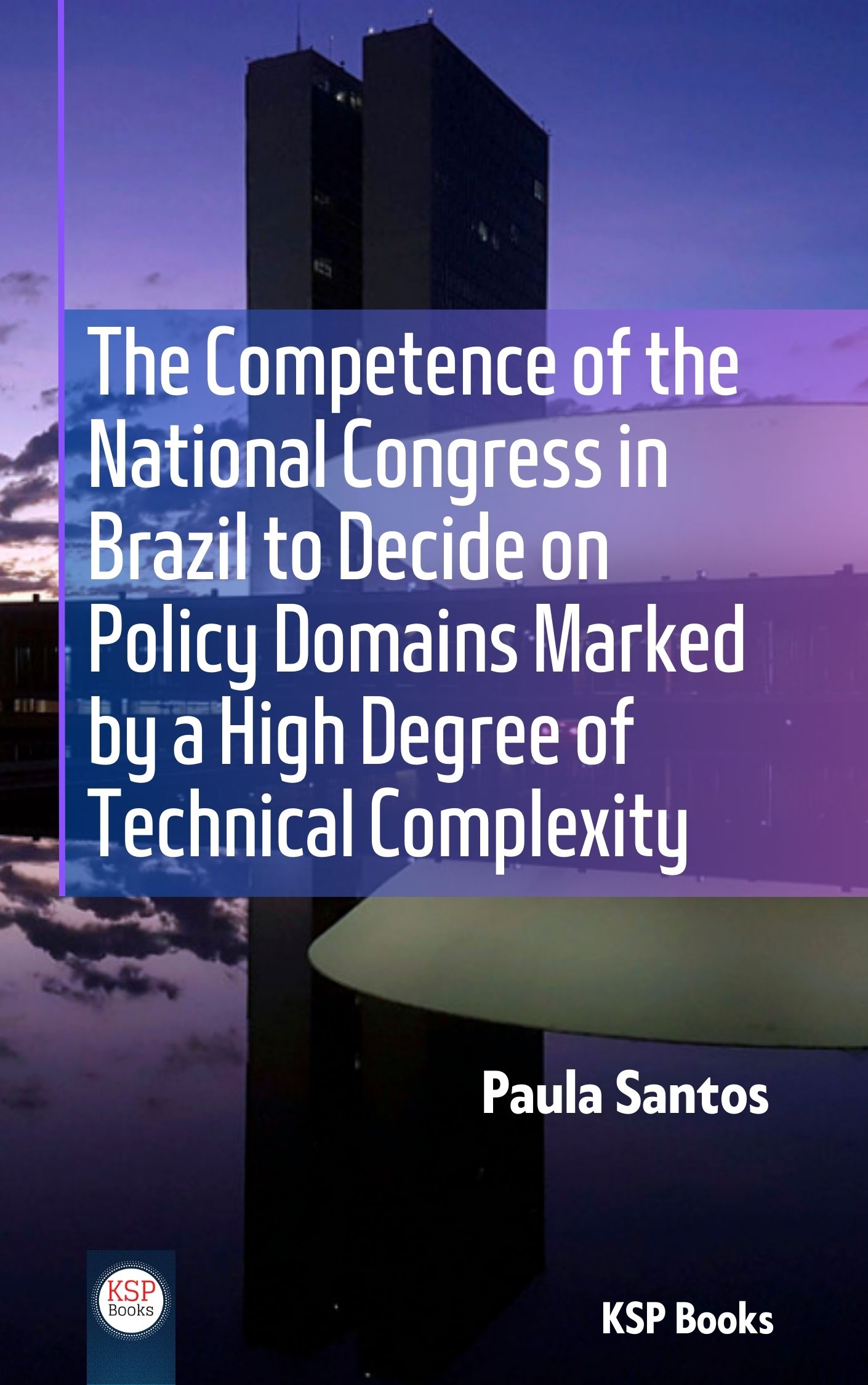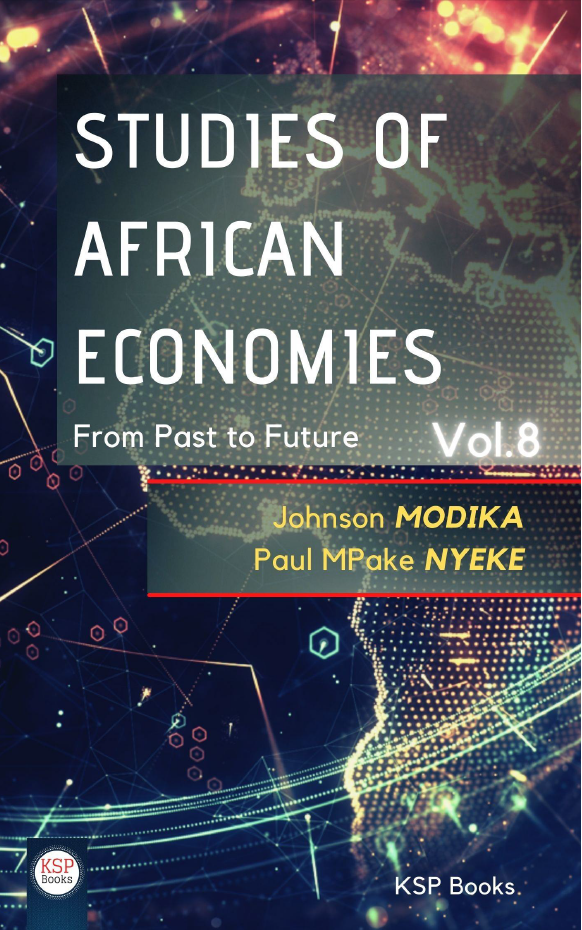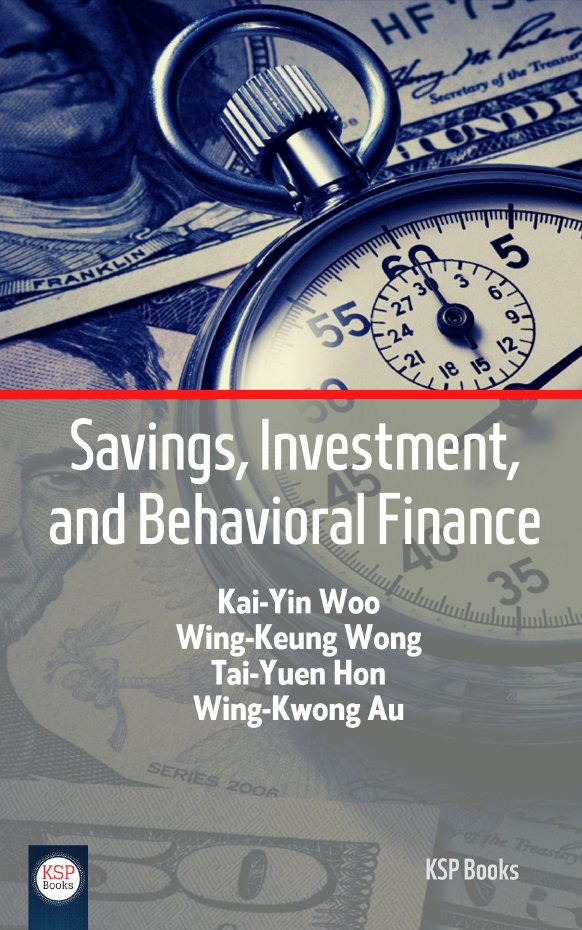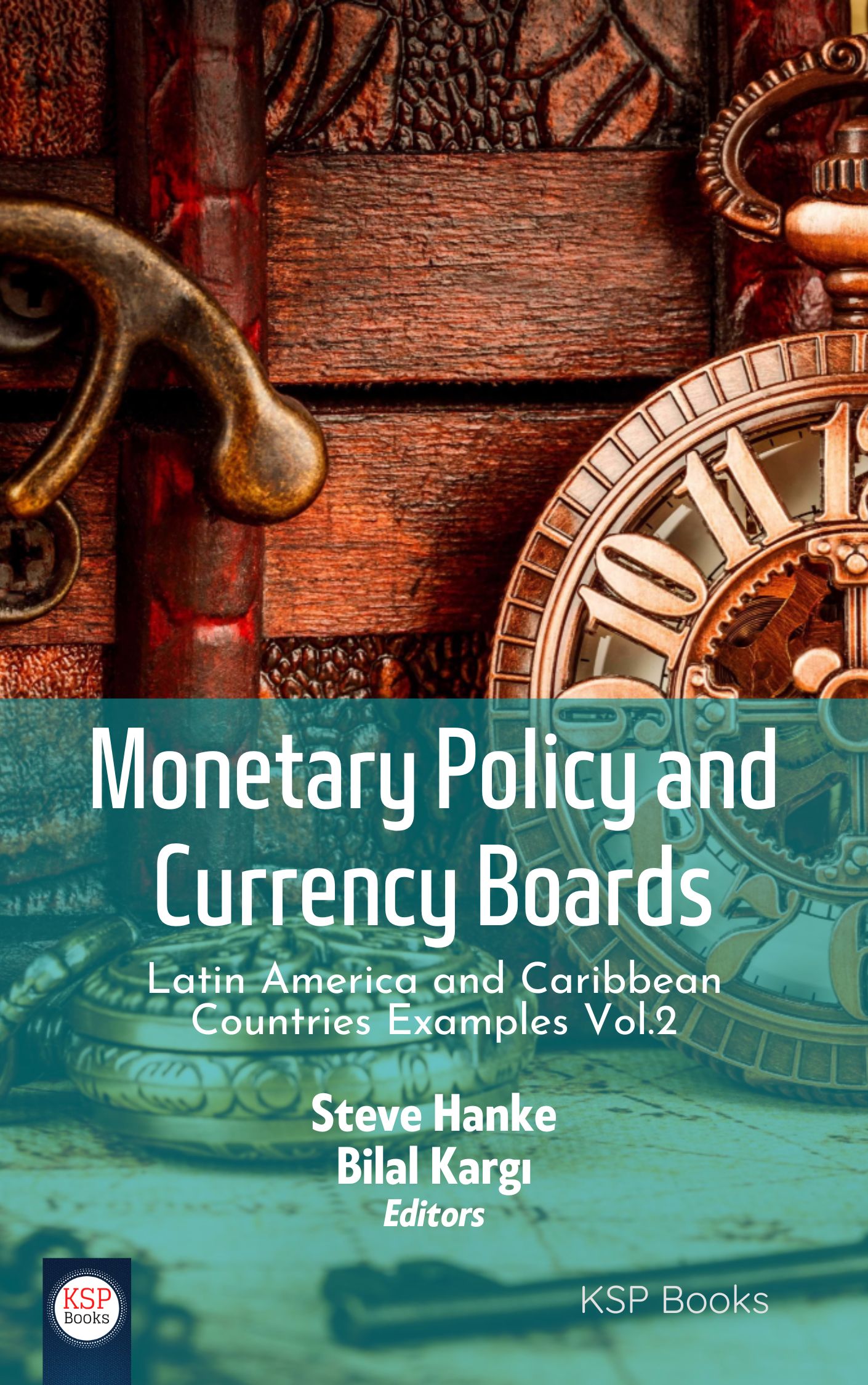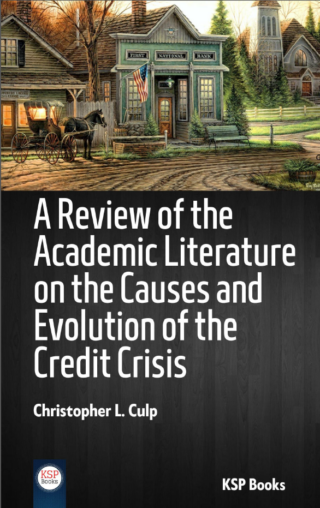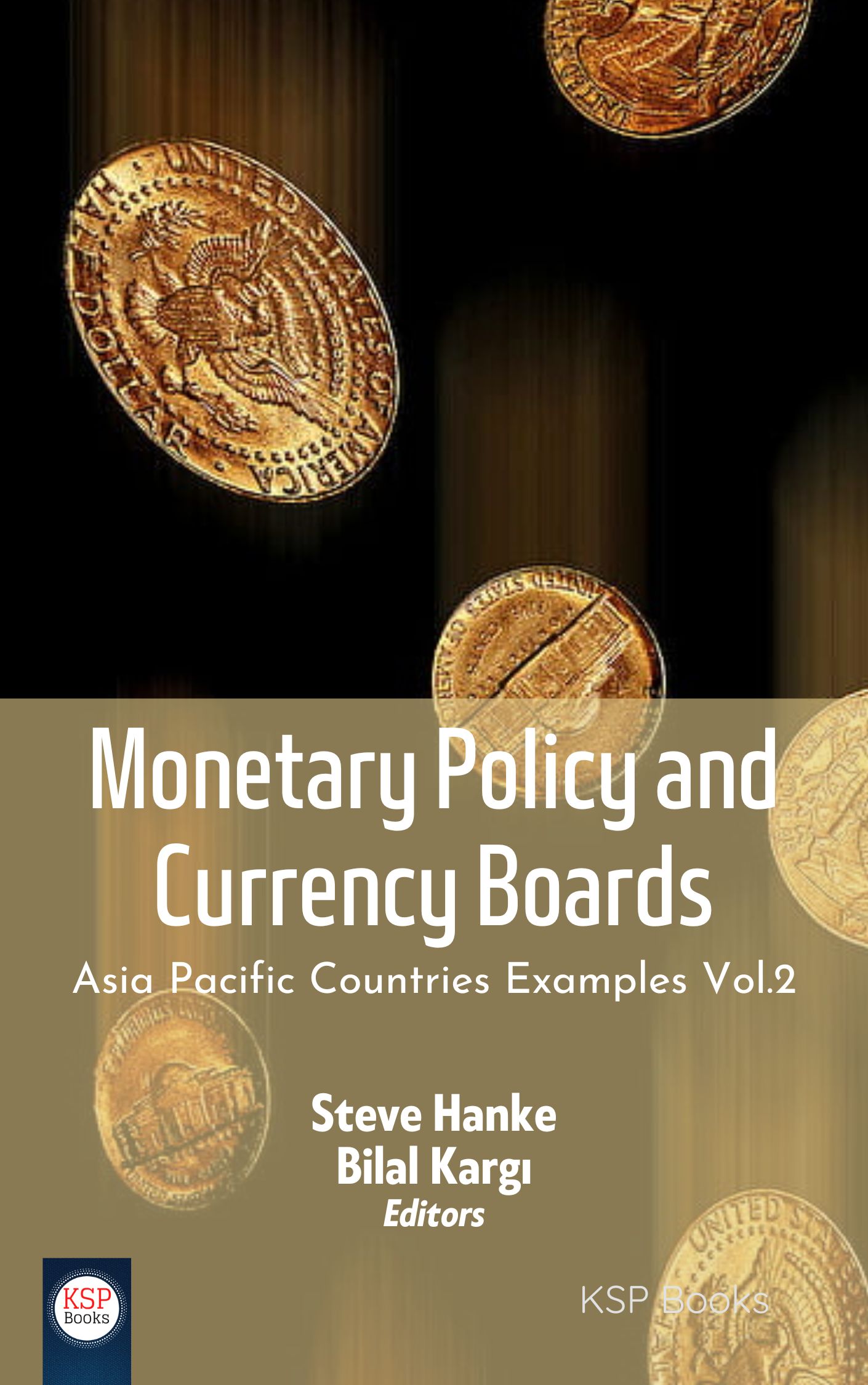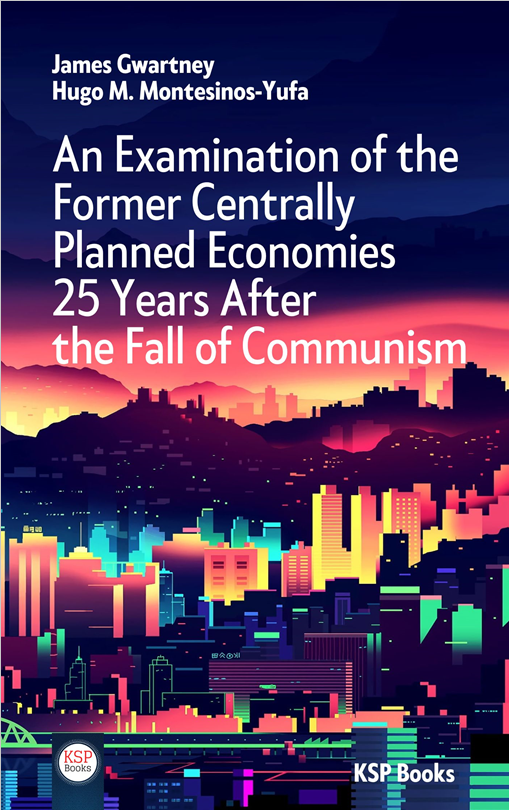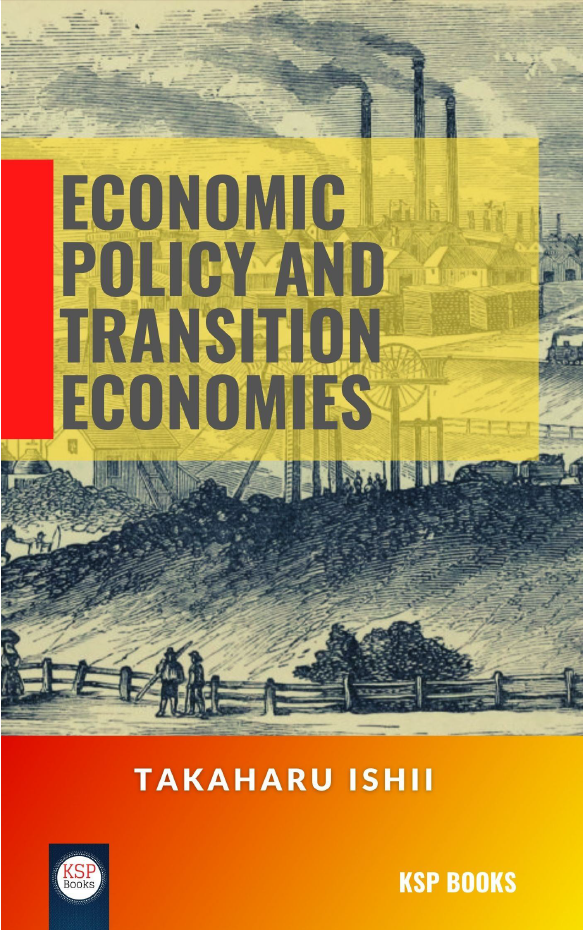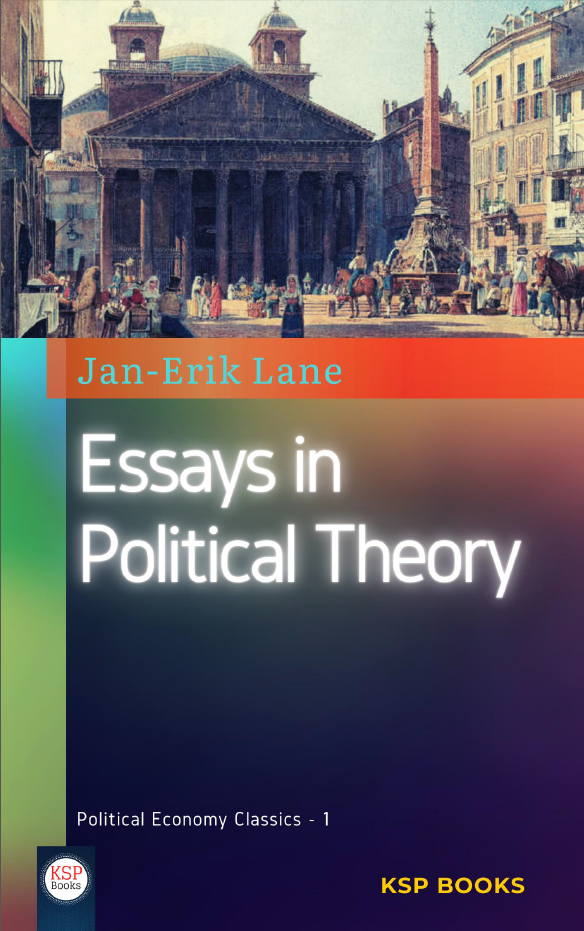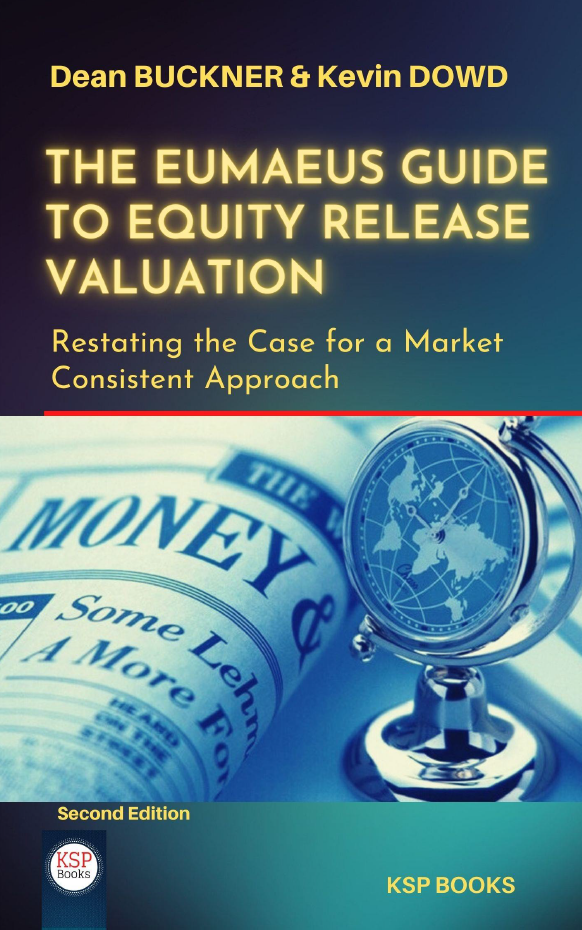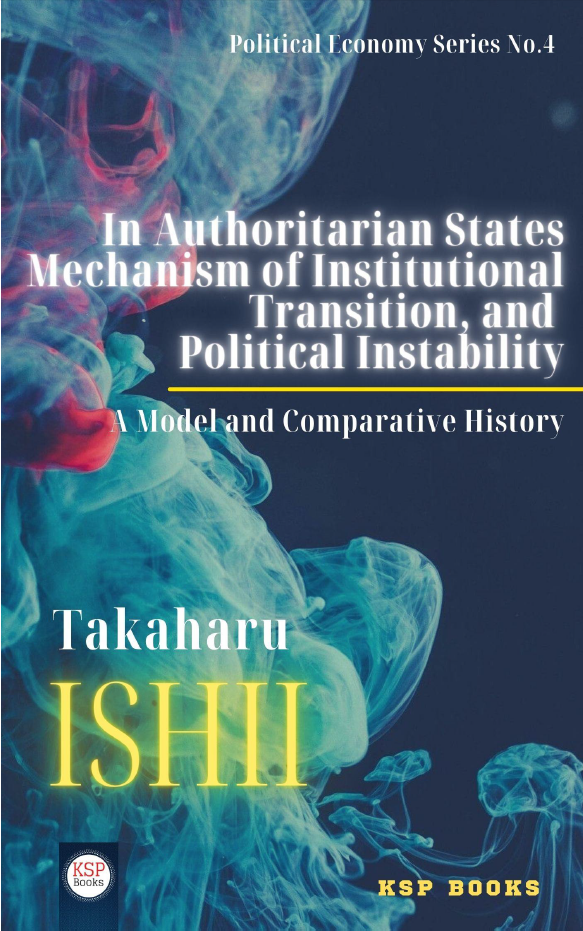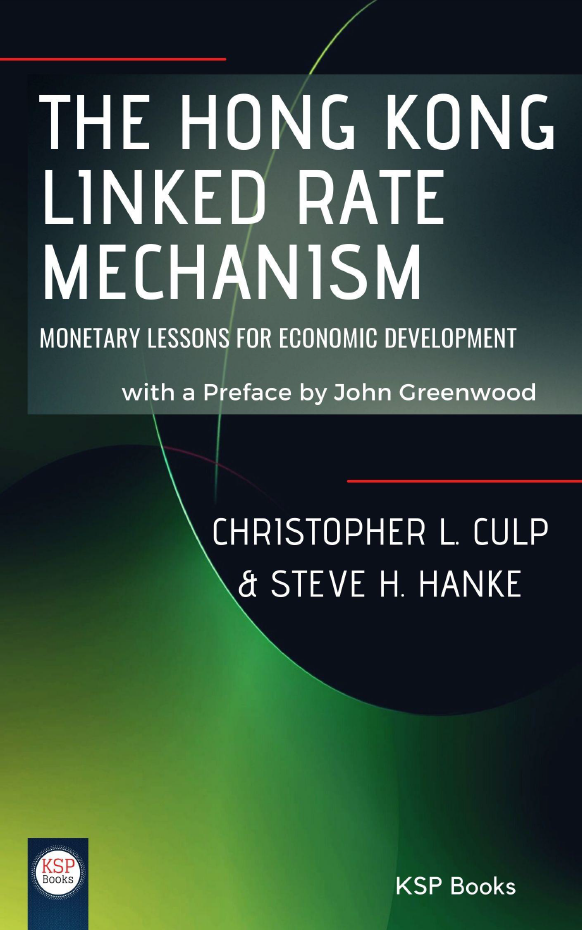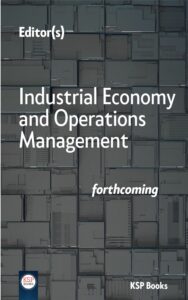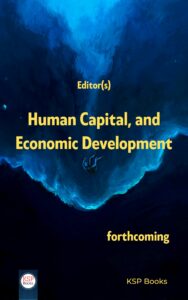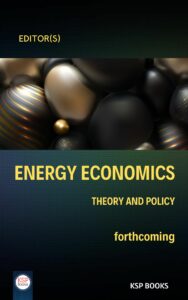By
Marcus Kerber
Technical University of Berlin, Germany.
e-ISBN: 978-625-6861-85-5
Publishing Date: December 2, 2023
File Size: 2,500 MB
Length: viii + 77 pages (PDF)
Language: English
Dimensions: 13,5 x 21,5 cm
 This Book is completely open access. You can freely read, download and share with everyone.
This Book is completely open access. You can freely read, download and share with everyone. 
In the following account, I shall outline a sceptical view of the ECB’s policy and its institutional role. By pursuing profligate policies and exerting increasingly substantial supervisory powers, the ECB has significantly contributed to the potential instability of the financial system and to the degradation of its reputation in certain countries like the Netherlands and Germany. To fuel this thesis, the balance of the ECB measures since 2010 will be examined.
Moreover, the ECB is confronted with a growing academic controversy regarding its policy which have not achieved the desired effect. As the most indebted member states of the Eurozone want the ECB’s policy of zero interest rates and capital market distortions by QE to be pursued, the ECB categorically ignores all attempts at critical academic dialogue and refuses for the time being to elaborate on an exit strategy. On the contrary on July 25th 2019 the ECB announced the tasking of all relevant ECB working groups to create proposals for a new chapter of unconventional policy. On September 12th 2019 the ECB even took the decision to decrease the deposit floor rate further and to restart net purchase of public bonds at a monthly rate of 20 billion Euros. Meanwhile, the ECB has received unsolicited proposals to revolutionize monetary policy by putting investment facilities at the disposal of national budgets, in addition to the eye-catching measure of making ECB credits directly available to consumers.
Preface
1. Introduction
2. The concept of financial stability
3. The chronology of strategic crisis policy since 2007
a. Securities Markets Programme and Covered Bonds Purchase Programme
b. Continual opportunistic qualitative easing
c. Lax handling of Emergency Liquidity Assistance
d. Since September 6th 2012: OMT
e. June 2014: Funding for Lending
f. September 2014: Covered Bonds Purchase Programme III + ABS
g. Non-monetary policy measures by NCBs: The Achilles heel of the European System of Central banks
h. The most recent revolution: PSPP
4. “Fulfilling European Monetary Union”: ECB becomes the omniscient banking supervisor (SSM)
a. Conflicts with monetary policy: Setting the fox to watch the geese?
b. Overaccumulation of liquidity and Europe-wide deposit insurance?
5. The “prisoner’s dilemma” of the ECB: fiscal dominance
a. Judging the effects of the policy hitherto
b. The normative consequence of ongoing crisis policy: no balance of powers or the omnipotence of monetary policy
c. The crowding out effect: the ECB without strategic reserve
d. Endgame: Unlimited collapse or reasonable reform of the Eurozone by parallel currencies
References
Marcus Kerber
Technical University of Berlin, Germany
Markus C. Kerber is an attorney of Law and Professor of Public Finance and Political Economy at the Technology University of Berlin and is a visiting professor at the Institut d’études politiques (IEP) in Paris. In 2008 he challenged the Lisbon Treaty in the German Constitutional Court contributing to the famous “Lisbon ruling”. Since 2010, he had led legal challenges against the euro zone bailouts in the German constitutional court. Prof Kerber has also made legal history by challenging decisions of the ECB in the European Court of Justice, on three occasions. He is founder of the Berlin-based think-tank ‘Europolis’ which seeks to encourage free- market competition to promote EU political and economic reform. Prof. Kerber’s work has been extensively published and he is a frequent contributor to Europe-wide TV and radio broadcasts, as an expert commentator on the EU economy. He is in regular demand as a speaker at seminars and conferences.
“Few researchers examine the impact of political structures on economic performance. This project is an exception. The authors find that fiscal independence leads to excessive spending and exerts an adverse impact on rule of law, freedom of speech, and various other political and civil rights. During the current age of large government spending, these findings will conflict with the views of many. This is all the more reason why they deserve to be heard.”
James Gwartney
Professor Emeritus and Gus A. Stavros Eminent Scholar Chair at Florida State University.
“This book proves what is historically true: the greater citizens' freedom to carry out their activities, the greater the development for all. The meddling of bureaucrats always tends to slow down development. Less state, more growth.”
Oscar Garcia Mendoza
Venezuelan Distinguished Banker. Leader of the most profitable and serious Bank in Venezuela.
“This book explains why in all prosperous democracies, governments are financially (fiscally) dependent on voters. Democracy is at risk when the government is independent from citizens' taxes. To empower the population, the government must depend on the taxes of the citizens.”
Jesús Ramírez, LA PATILLA
“This groundbreaking study confirms what Venezuelans already knew intuitively based on our experience of the last 50-plus years, observing firsthand the decay and eventual destruction of the political and economic institutions of our oil-producing nation: governments that own or control the majority of the productive assets of the country, the commanding heights, and therefore are not dependent or beholden to its citizens for its income, will, in the end, not care for them, making a true democracy unattainable, no matter the efforts of a good portion of its population. Fascinating is the authors’ analysis of over 1500 years of English constitutional history during which its subjects (and later, eventually citizens) effectively managed to “starve the king,” spurring outcomes that are directly linked to the emergence of the rule of law, a gradual democratization process, accompanied by a legal system (common law) that is second to none in history, giving rise to unparalleled economic development based on the Industrial Revolution in Britain and nations, like the United States, in which the same principles were laid down at the constitutional level shortly after their independence.”
Erik Halvorssen
“This book discloses the foundations of the narrow corridor, the freedom space determined by the state on one side, and the electors on the other. This corridor exists in some countries because the Leviathan is shackled given its financial dependency on the electors’ taxes and the electorate exerts collective action, that is, political participation, induced by the costs of taxation.”
Antonio Turco-Rivas Jr.
Director - Kannoa Spaces, and Babson College - Franklin W. Olin Graduate School of Business
“Kudos to scholars Acevedo, Faria, Montesinos, and Navarro, who address the vital issue of government accountability to the electors, resorting to abundant historical and empirical evidence. The findings are presented in the context of democracy and its pillars, such as the rule of law, judicial independence, freedom of speech, clean elections, and civil liberties. Moreover, the study casts light on the Modernization hypothesis, the structure of government spending, and its potentially detrimental effect on democracies’ quality.
A crucial issue in the monograph is the salience of a government financially dependent on electors’ taxes to generate accountability. The authors argue, supported by evidence, that when the state lives off the people’s taxes, it becomes compelled to increase the supply of accountability. At the same time, the political participation of electors motivated by taxation costs augments the accountability demand.
Accordingly, this research on political economy and economic policy highlights the importance of active citizens’ participation in demanding accountability before their representatives at local, regional, and national levels, a practice little used, especially in Latin American countries.
This excellent study has disruptive findings that allow a better understanding of democracies’ heterogeneity worldwide. The investigation also discovers numerous pernicious effects on democracy and its pillars stemming from governments capable of obtaining revenues independently of the citizens.
Democracy has its rules, and the behavior of politicians frequently violates them, for which it is necessary to be vigilant to prevent this from happening. Therefore, this document invites the reader to learn and deepen the importance of solid political and economic institutions, checks and balances among the branches of government, and a legal framework promoter of societies’ welfare.”
Rocio Guijarro
Cedice Libertad Manager
“Absolute monarchy results when the crown owns all or at least two-thirds of the landed wealth; aristocracy, when the nobles own a similar share. When the people possess two-thirds or more, the result is democracy.”
[James Harrington 1656, 1992.
The Common Wealth of Oceana; and a System of Politics. pp.271-272.]
“English constitutional evolution…..provides a classic illustration of how private wealth restrains public authority.”
[Richard Pipes 2000, Property and Freedom. p.123]
Related EconPedia Items



